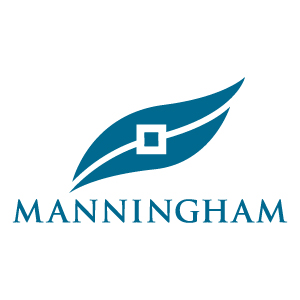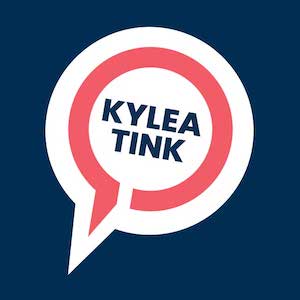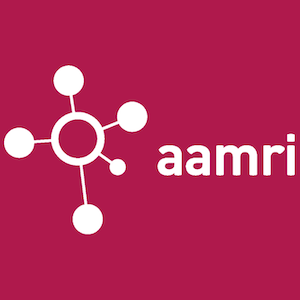For the 2020 Research Project click here.
The November 2017 Symposium event convened by newDemocracy sought to challenge opinion leaders by asking them what practical testable improvements could be made to our democracy in order to improve public trust in how we take public decisions. It sought to move the discussion from one of complaint about problems into one of potential solutions. This project is one of the leading ideas which emerged from this two-day event.
Many participants – spanning company directors, the advocacy sector, journalists and even former MPs – lamented that “evidenced based policy making” had become an empty phrase which everyone claimed to pursue but no one knew how to quantify. A proposal was championed by former Secretary of the NSW Treasury, Percy Allan, to draw on work from 2012 by Prof. Ken Wiltshire from the University of Queensland in work originally produced for the Institute of Public Administration Australia (IPAA) which did attempt to set forth such a standard.
After a successful first project in 2018 which saw genuine engagement with elected representatives – notably in NSW which has an ongoing (November 2019) Upper House Procedures Inquiry focusing on the merits of formally adopting its use for handling highly contentious bills – the project has been repeated in 2019.
In a ‘double blind’ exercise the Institute of Public Affairs (IPA), a self-described ‘free-market’ think tank identified with the Right of politics, and Per Capita Australia, a self-labelled ‘progressive’ think tank identified with the Left assess the same set of 20 policies drawn from around the country. Again, it is clear that organisations with very different policy outlooks can agree on when a good process is followed in developing policy regardless of whether they agree with the result. It would appear from this that parliaments should be equally able to reach bi-partisan agreement on a process.
Evidence-based policy making is a phrase everyone likes to use with no agreed standard of what it actually is. If we can have parties agree some basic standards in the policy process, then we are one step closer to being able to make more widely trusted decisions at all levels of government.
- Media Statement – Friday November 15th, 6pm
- You can read the IPA’s report here
- You can read Per Capita’s report here
- EBP Research Project Independent Steering Committee Submission
- You can read the reports and media articles from the 2018 project here
- Adani, tax cuts top legislated ‘failures’ – Dennis Shanahan, The Australian (16/11/2019)
- Policy-making process mostly ‘flawed, mediocre’ – Andrew Clark, AFR (15/11/2019)
- ‘Shabby’ and ‘mediocre’: Four Morrison government policies slammed – Jessica Irvine, Sydney Morning Herald (15/11/2019)
- Political parties should agree on best practice policy process, research shows – Shannon Jenkins, The Mandarin (19/11/2019)
Following the success of the 2019 EPBRP, newDemocracy commissioned a research paper to answer:
What barriers exist to the adoption of best practice policy making process among the legislative and executive branches of Government, and how can these be overcome?
This paper summarises the barriers to adoption of best practice public policy processes, and potential methods to encourage their adoption. The recent NSW Legislative Council Procedure Committee Inquiry, entitled “Consultation on highly contentious bills and committee access to external experts” has shown progress on this issue, with the Committee showing interest in the introduction of a Statement of Public Interest with all bills, and asking the Government to consider the matter further. This Committee Inquiry provided the opportunity to seek feedback from stakeholders and test proposals to assist with the adoption of a more rigorous policy development process, particularly focused on the use of Green and White papers.




